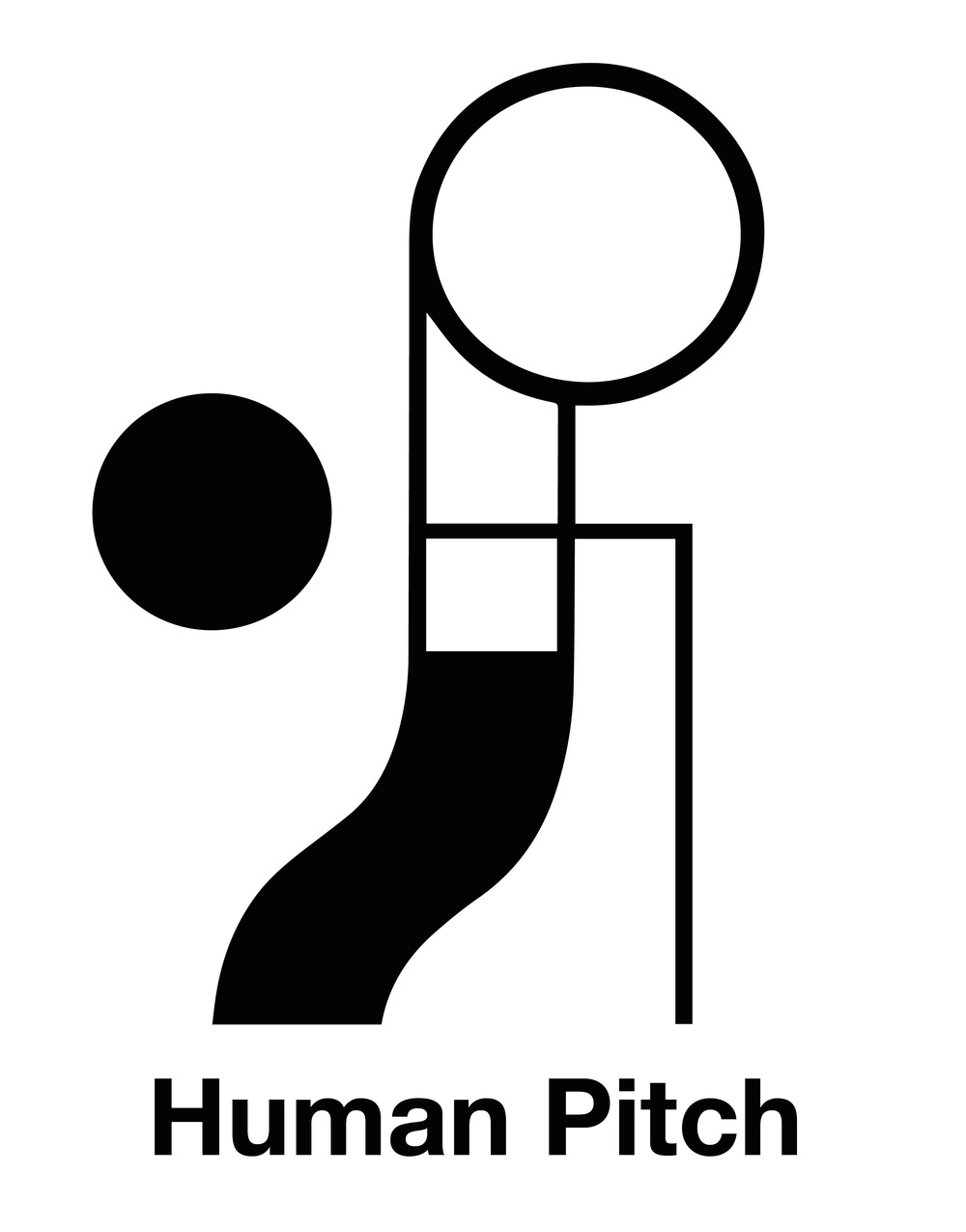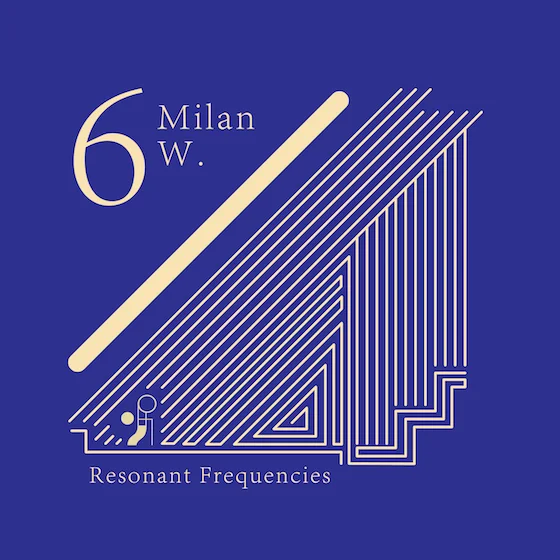Resonant Frequencies Vol. 6 – Milan w.
Can you tell us a bit about the music community in Antwerp, Belgium today? What musical ecosystems are thriving? Do you see yourself as a part of a specific music community in Antwerp?
Belgium is quite small—Antwerp itself is very small—and there are a lot of people making great and forward-thinking music. We’re all connected in a way and we support each other. While we all work individually in our home studios, we kind of form a community. There are platforms for easily releasing electronic music here, I feel that the platform for live electronic music is also growing but I don't think it can get big here because I believe Belgium is too small (but size does not matter for the quality). Can't complain, I’m spoiled by being able to make music most of my time.
There’s been a lot of discussion lately about whether or not an underground music community can exist in an age where music is documented and shared in the digital space while huge corporations are putting their money behind fringe music communities. What does underground mean to you and do you think an “underground” still exists?
The majority of artists that I personally know can’t survive solely on their music and art (although most of them really deserve to). Most of the time our music is separate from the mainstream, not because we don’t want to make money with our music, but because people who are interested in art and enjoy digging to discover unusual music (read: not mainstream) are part of a community that people like to call “underground,” (because we are a minority).
The internet gives us a wider range to share our work and opens up more opportunities. Most of the time big corporations have no clue what "the underground" is and they rely on a hype (or maybe they make the hype) to hedge their bets on losing money. It’s that money that makes artists inclined to accept their invitations. After all that, it's quite absurd that these corporations still love to call what they’re supporting “underground"—it makes no sense. So in that sense, “underground” doesn't mean anything to me.
There’s a certain tongue-in-cheek, playful, quality to your mix, particularly in the vocals throughout it. It’s the mix with the most vocals we’ve shared up to this point. What role do you think vocals should play in a mix?
It should not play any role—a mix could be anything.
For those unfamiliar, you recently released a stunning split 12” with Ekolali on BAKK, which followed the late-night fog excursions of your 2016 album Intact, on JJ Funhouse. What are you looking forward to working on and releasing in the near future?
Most of the time I'm in my studio. I'm close to finishing a new album that I’m looking forward to. I’m also slowly starting a new Mittland Och Leo album, my project with Joke Leonare. I'm just happy to be able to work on any and all music.
As part of our mix series, we ask our contributors to choose one charitable organization they’d like to shine a light on. Do you have a cause you’d like to let others know of? What feels most urgent to you on a social/political level?
I don’t know a lot of charity organizations, to be honest. I just hope there will be a time that people will be more empathetic and sympathetic to one another and realize we’re all humans living on this earth together. At the same time, we should be aware of how we’re fucking everything up.
Soundcloud / Bandcamp / Facebook / Instagram
Tracklist
Joel Graham - Night
Chayell - Beach
Alek Lee - Sfarot
Logo - Businessman
Lena Platonos - Shadow Of Blood
NRSB-11 - 685-471 2
Peyote - I Will Fight No More Forever
Residents - Jambalaya
&apos - Lichtdrank
Dr C. Stein - Golden Magic
IKO '83 - Approach on Tokyo


